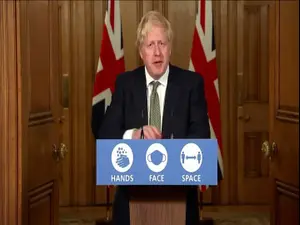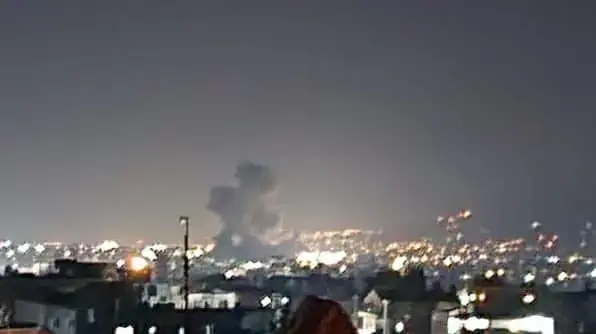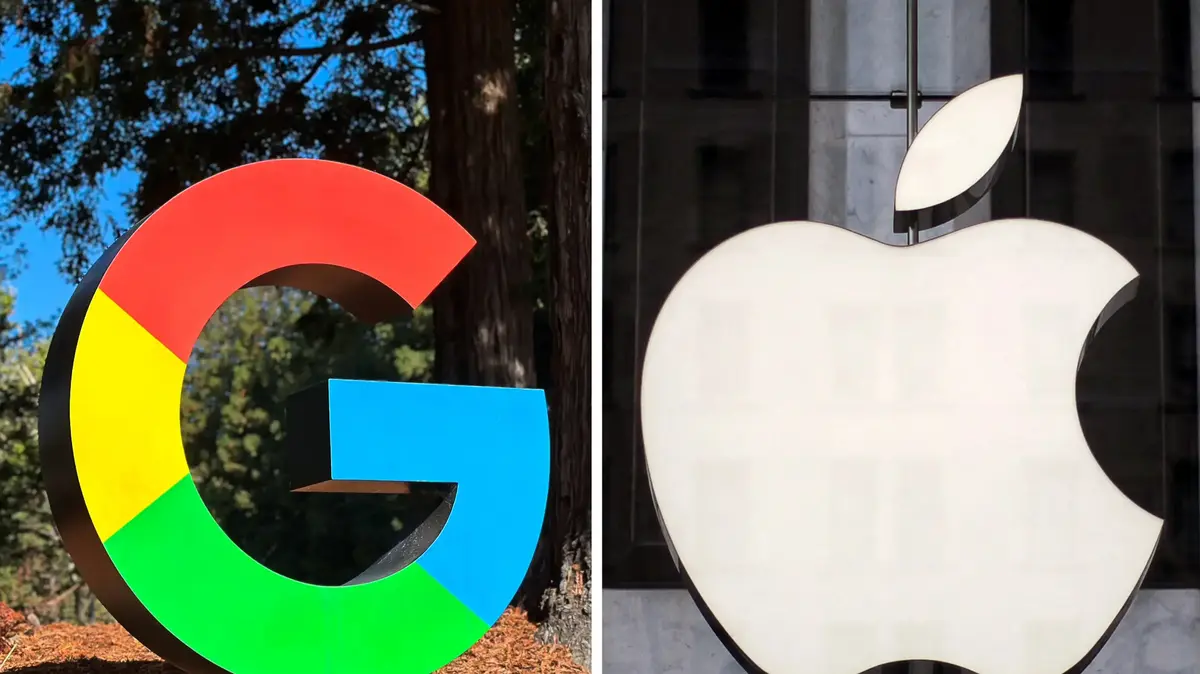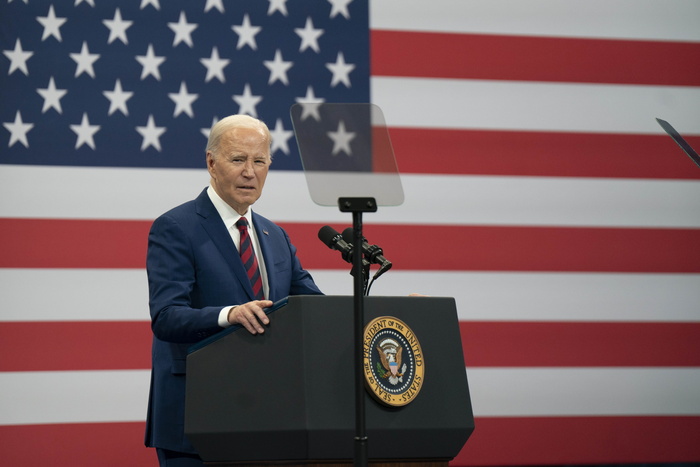news
World news
the Middle East
Billions of dollars at stake: what to know about negotiations with Lebanon on the maritime border
After 30 years in which there have been no political talks between Israel and Lebanon, this week negotiations will begin between the parties on the maritime border.
Why is the issue of "economic water" being discussed right now, when will the talks begin and is it of political importance?
Tags
Lebanon
United States
Lightning Ravid
Tuesday, 13 October 2020, 10:20
Share on Facebook
Share on WhatsApp
Share on general
Share on general
Share on Twitter
Share on Email
0 comments
Netanyahu: Starting businesses and frameworks for preschoolers - but ...
After Confusion in Regulations: UK Introduces Traffic Light Plan ...
The brawl in Givati: All the wounded were released from the hospital, MPZ ...
Clashes between police and dozens of worshipers in a synagogue ...
Head of Public Health Services: Kindergartens will not open ...
Ganz: Transfer of the 2021 budget to the end of the year - line ...
Beit Shemesh: Clashes between ultra-Orthodox and police, 3 detainees ...
A store owner in Tel Aviv throws his goods into 12.10.20 Street
Trump holds first rally since infecting Corona: "Feels ...
In the video: Israel-Lebanon border (Photo: Reuters)
Senior Israeli and Lebanese officials announced earlier this month that they had reached an understanding to begin negotiations to draw up maritime borders between the two countries, mediated by the United States and under UN auspices. After 30 years of no political dialogue between Jerusalem and Beirut, the parties agreed to But what is the maritime border in question, what is the dispute over and what will the potential talks deal with? A guide to negotiations with Lebanon.
More on Walla!
NEWS
IDF: The gas plant presented by Hezbollah was used to manufacture missiles
Reports in Lebanon: Explosion at a Hezbollah weapons depot in the south of the country
The Trump administration is once again pushing for negotiations between Israel and Lebanon on gas reserves in the Mediterranean
What common service insurances and extensions exist in car insurance?
Map of the area of dispute between Israel and Lebanon (Photo: Creative Commons)
What is the maritime border anyway?
The dispute between Israel and Lebanon does not concern the question of where the "territorial waters" of the two countries are.
The UN Convention on the Law of the Sea 1982 has defined this area about 22 miles from the coastline. For that matter, any maritime area north of Rosh Hanikra to a distance of 22 kilometers from the coast and all Lebanese territory is identical to the south is Israeli.
The dispute relates to the issue of "waters This is an area where the state has rights to use natural resources - gas and oil drilling, energy production, etc. This area can extend up to 370 kilometers from each country's coastline, so many times many countries claim for themselves. Ownership of those marine areas.
What is the controversy about?
Israel and Lebanon are at war and have never agreed on the distribution of "economic water", in addition to the fact that for years the issue has not been of much interest to either of them.
But a little over a decade ago, when natural gas reservoirs began to be discovered in the eastern Mediterranean, Israel and Lebanon realized that there was enormous economic potential in these gas reservoirs.
Both countries claimed ownership of the same gas fields - especially the gas field known as "Block 9".
It is estimated that there are billions of dollars worth of natural gas reserves in this area.
The dispute also created security tensions that caused international energy companies not to conduct natural gas exploration in the area.
Will mediate between the parties.
UNIFIL forces in Lebanon (Photo: AP)
Why now?
For a decade, the United States and the United Nations have been trying to mediate between Israel and Lebanon in order to open a dispute settlement. Two American mediators tried to do so during the Obama administration and two other American mediators tried to do so under the Trump administration. He succeeded in reaching an agreement on both sides to open the talks, but eventually, following pressure from Hezbollah, the Lebanese government withdrew and the talks did not
begin, replacing Sutterfield, US Assistant Secretary of State for Middle East Affairs David Shenkar. The consent of the Lebanese government to open negotiations with Israel.
More on Walla!
NEWS
Lebanon and Israel have agreed on US-mediated negotiations and the UN on marking the maritime border
To the full article
What has changed?
Senior American and Israeli officials give different answers to this question.
It is estimated that the explosion in the port of Beirut, along with the economic crisis in Lebanon, the political instability in the country and the fear of American sanctions, pushed the Lebanese to enter into talks with Israel.
Beyond gas - do negotiations have political significance?
Yes, this is a dramatic political development.
For the first time in 30 years, there will be direct negotiations between diplomats and experts from Israel and Lebanon on a civil-political issue.
The last time such talks took place was in the peace process launched following the Madrid Conference in the early 1990s.
The Rabin government then held several rounds of talks with the Lebanese, but without significant progress.
Rabin believed that it would be possible to move forward with Lebanon after reaching a peace agreement with Syria.
Since then, talks have taken place between the parties, mainly in an attempt to reach ceasefires - such as after Operation Grapes of Wrath, or in regular talks between IDF, Lebanese Army and UNIFIL representatives, which have taken place since the end of the Second Lebanon War in 2006.
In Washington, Jerusalem and Beirut, it is believed that direct negotiations will contribute to strengthening stability on the border between the two countries.
Israel is ready to give Lebanon a larger share of the disputed territory.
The border between the countries (Photo: Meir Vaknin)
What's going to happen now?
This week, probably tomorrow, the first round of talks will take place between the parties at the UN base in the town of Nakura - on the border between Israel and Lebanon. The delegation will be headed by Director General of the Ministry of Energy Udi Adiri, with representatives from his office .
the Lebanese side, the fuel Administration in the Ministry of energy, Wissam Saturday, will head the delegation. In addition there will be members of the delegation Head of operations of the Lebanese army, Gen. Bassam Yassin, and legal advisers and diplomats from the Foreign Ministry of the Lebanese.
the United States will reach an aide to the minister Pompeo - Shankar - to mediate between the parties , And from the UN will come the representative in Lebanon, Jan Kubish, who will sponsor the talks.
Lebanese officials have said in recent days that although they are sitting in one room, they do not intend to speak directly to the Israeli delegation, but to ask US and UN representatives to convey the messages between the parties.
Negotiations should not be long or complex. More than the area of controversy, in order to reach an agreement and allow gas exploration.
Share on Facebook
Share on WhatsApp
Share on general
Share on general
Share on Twitter
Share on Email
0 comments










/cloudfront-eu-central-1.images.arcpublishing.com/prisa/2C5HI6YHNFHDLJSBNWHOIAS2AE.jpeg)




